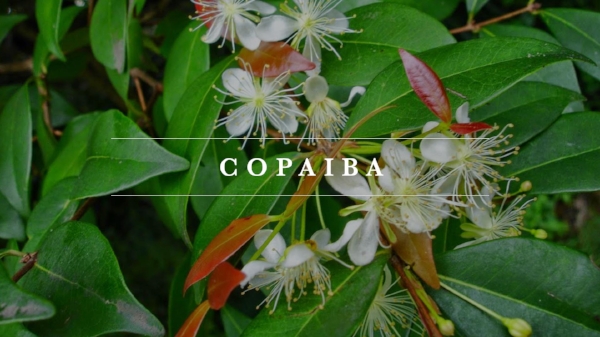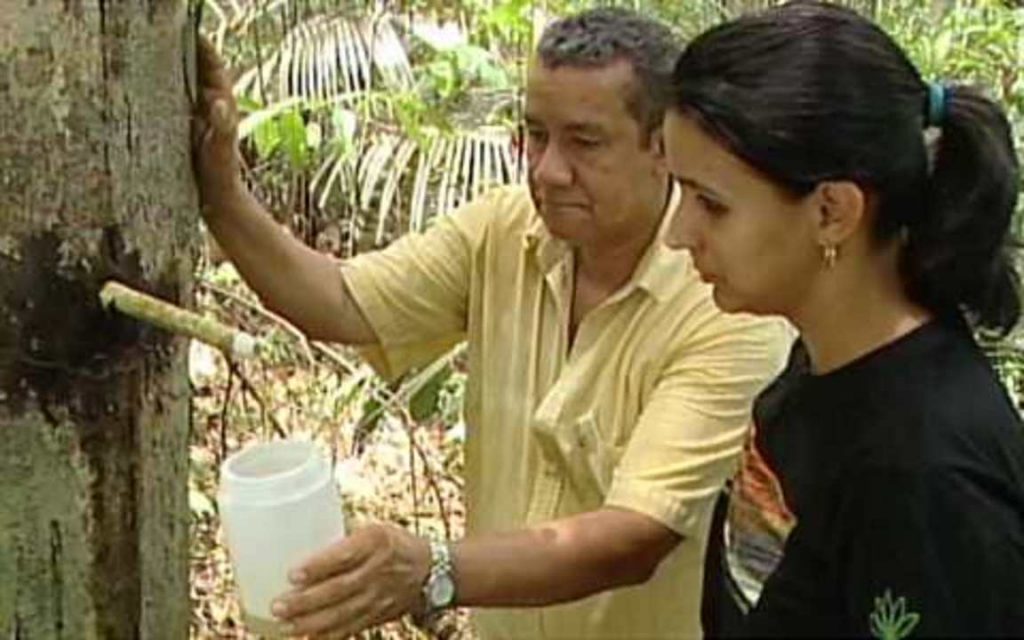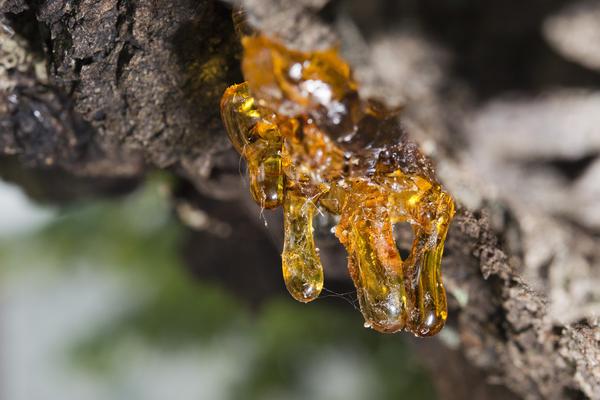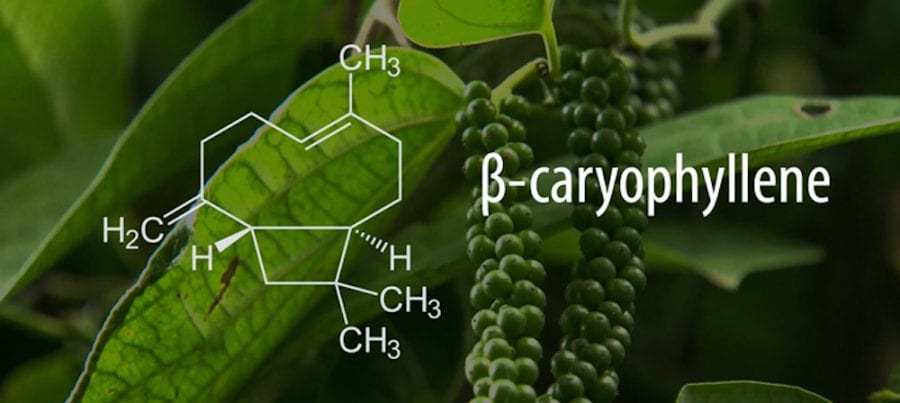What is Copaiba oil and why should I be using it?

Copaiba oil comes from copaiba trees, many of them are located in South and Central America. Copaiba trees naturally produce copaiba oil-resin. This is extracted from the tree by cutting or punching a hole into the trunk. A pipe is then inserted into the hole, allowing the oil-resin to flow out. The Copaiba oil-resin collected from several trees is often mixed. copaiba oil-resin. It’s extracted from the oil-resin using a steam distillation process.

The people who live in areas where copaiba natural grows have reported utilizing copaiba for these purposes:
- as an anti-inflammatory
- to promote wound healing
- to provide pain relief
- to treat a wide variety of infections, including bladder infections, gonorrhea, and strep throat
- to treat infections from the parasite that causes leishmaniasis
- as an aphrodisiac
- for contraception
- in cosmetic products, such as soaps, lotions, and shampoos
NCBI research has concluded “The oleoresins from Copaifera species (copaiba) have been used by native peoples of the Amazon region for thousands of years. These materials have shown remarkable biological activities, including antibacterial, antiparasitic, antineoplastic, and anti-inflammatory” (1)

Furthermore..
NCBI research has discovered that “beta-caryophyllene is a key plant molecule in copaiba. Here is a brief quote on their findings. “BCP is a natural compound that has been shown to act as an analgesic, antioxidant, anti-microbial, anti-inflammatory, and antifungal agent [19]. BCP administration significantly ameliorated the signs and the clinical symptoms associated with the development of arthritis.” (2)

NCBI research states “BCP binds the type 2 cannabinoid receptor which is associated with an intracellular signaling cascade triggered by G-protein activation [29]. CB2 receptor expression has been demonstrated in cells of the peripheral immune system, and this sub-type of cannabinoid receptor has been linked to a modulation of the inflammatory and immune reaction. More recent investigation has pointed out the presence of CB2 receptors in discrete central nervous system regions [29]. In agreement with these findings, a neuroprotective effect of BCP has also been reported [11]”.(2)

“A 2014 study assessed the effects of copaiba oil-resin in a mouse model of multiple sclerosis (MS). They found that treatment with copaiba oil-resin did two things (3) :
- lowered production of some molecules that are associated with inflammation
- lowered the amount of oxygen radicals, which can lead to cell damage”
Another 2017 study in rats “looked at the effects of copaiba oil-resin treatment on tongue injury. The tongue tissue of rats treated with copaiba oil-resin showed a lower presence of immune cells associated with inflammation.”
Powerful anti-microbial powerhouse

One study from 2016 evaluated the antimicrobial activity of copaiba oil-resin against a standard strain of the bacteria Staphylococcus aureus, which can cause skin and wound infections. Researchers found that even low concentrations of copaiba oil-resin were able to inhibit bacterial growth(5).
“Another 2016 study assessed the activity of a copaiba oil-resin gel on Streptococcus bacteria species present on teeth. The study found that the gel had antimicrobial activity against all species that were tested.” They determined copaiba to be highly effective in the support of oral health.

Copaiba is a plant powerhouse that can be used in many aspects. There is always more to be researched when it comes to copaiba. We do know that is has been used for centuries in the treatment of many conditions. Pure Harmony utilizes copaiba in just about EVERY product because we believe it to be soo good!

- https://www.ncbi.nlm.nih.gov/pmc/articles/PMC5983702/
- https://www.ncbi.nlm.nih.gov/pmc/articles/PMC6723248/#__ffn_sectitle
- https://www.ncbi.nlm.nih.gov/pmc/articles/PMC6271072/
- https://www.ncbi.nlm.nih.gov/pmc/articles/PMC5471965/
- https://www.ncbi.nlm.nih.gov/pubmed/27125055
- https://www.ncbi.nlm.nih.gov/pmc/articles/PMC4911736/
- https://www.healthline.com/health/copaiba-oil#for-inflammation


